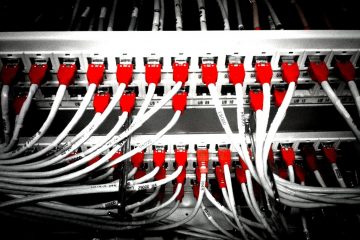The New ‘Worldmakers’: How the 20th Century Black Anticolonial Dialogue Reveals the Strategic Importance of the Milk Tea Alliance
Growing tension in Berlin. A proxy war in Korea. The escalating Space Race. The world—and particularly its realists—focused on the evolving great power competition between the United States and Soviet Union during the Cold War. However, in the shadows of this marquee battle, black leaders such as Kwame Nkumrah, Eric Williams, and George Padmore drove an anticolonial dialogue that sought to transform the international order on their own accord. Their core mission: to reframe sovereignty, reconceptualising it as self-determination and the elimination of racial hierarchy. This weighty conversation, which took place from the 1950s to the 1980s, doesn’t seem related to an Asian meme war in 2020. However, amidst a new, growing Cold War between the U.S. and China, the ‘Milk Tea Alliance’ has emerged as the newest supranational …
Internet Suppression and Violence in Uganda: Implications for the 2021 Elections
In 2016, Uganda’s Presidential election was met with a surge in violence. More than 20 people reportedly died and even more were threatened and beaten in the lead-up to the election. Current Ugandan President Yoweri Museveni, who has ruled the country since 1986, captured another term in office through a strategy that relied on intimidation tactics. Voters throughout the country were told that their regions would not receive aid support if they did not vote for Museveni, leading EU and U.S. election monitors to deem that there was “an atmosphere of intimidation” that was “deeply inconsistent with international standards.” In the lead-up to next year’s election, there are again fears of an illegitimate democratic process. Namely, increasing internet suppression may mar the outcome of the …

Why more needs to be done to defend internet access
On November 17th, 2019, Iran cut out access to the internet. This meant that the Iranian government could repress protests over increased gas prices without making much news. Reportedly, 180 people were killed in the process, yet people were mostly unable to share information about the repressive acts of the government. This is only one recent case of hundreds of governmental internet blackouts that have been performed in 2019. At present, countries are facing very little consequences for shutting down their citizens’ access to the internet. In a world where the internet is playing an increasingly important role both in daily life and political contestation, very little is being done to safeguard access to the internet. What is needed is a serious shift in …









